Norway’s foreign minister on Friday, November 9 said the state was freezing all defense material export licences to Saudi Arabia over recent developments in the country and the war in Yemen.
“We have decided that, in the current situation, no new licences are to be granted for exports of defense-related products or dual-use items for military use to Saudi Arabia,” Minister of Foreign Affairs Ine Eriksen Søreide said in a statement.
“The decision was taken after an overall assessment of recent developments in Saudi Arabia and the region, and the unpredictable situation in Yemen,” the foreign ministry said, noting that it is “not aware that Norwegian defense-related products have been used in Yemen.
“The decision reflects the strict precautionary approach taken by Norway,” the statement added.
The announcement came amid international outrage over Riyadh’s killing of Saudi journalist Jamal Khashoggi in the kingdom’s consulate in Istanbul in October, and a week after the Saudi ambassador to Oslo was summoned by the foreign minister over Khashoggi’s assassination, but Norway did not mention the murder specifically.
Several aid organizations and opposition parties have recently demanded that Norway halt its defense materiel exports to Saudi Arabia.
Norway sold defense material worth more than 41 million kroner ($4.86 million) to Riyadh last year, according to Norwegian news agency NTB.
The Scandinavian country has never allowed exports of arms or ammunition to Saudi Arabia, the ministry said.
Saudi Arabia leads an alliance including the United Arab Emirates that intervened in Yemen in 2015 to support the government against Shiite Houthi rebels who are backed by Riyadh’s arch enemy Iran.
In December 2017, Norway suspended licences for the export of arms and ammunition to the UAE “based on a risk assessment of the grave and unpredictable situation in Yemen,” the foreign ministry said in January.
The coalition has been waging an aerial bombing campaign in Yemen aimed at pushing the Houthis back, but the rebels still hold the capital Sana’a and the key port city of Hodeidah, through which more than 70 percent of the impoverished country’s imports pass.
Pro-government forces in Yemen are currently pushing into Hodeidah amid fierce fighting. A military source said the coalition is supporting Yemeni troops on the ground with fighter jets and Apache attack helicopters.
The renewed clashes come as the United Nations pushes to restart negotiations between the warring parties, after planned talks in Geneva collapsed in September before they even began.
Nearly 10,000 Yemenis have been killed in the conflict since 2015, according to the World Health Organization. Human rights groups say the real death toll may be five times higher.
In September, Spain said it will go ahead with the delivery of 400 laser-guided bombs to Saudi Arabia, after earlier saying it would block the sale. The u-turn came amid concerns that cancellation of the deal could have jeopardized a €1.8 billion order of five Corvette warships.
Spain’s government came under pressure to halt the delivery after an airstrike in August in part of northern Yemen held by Houthi rebels that killed 40 children.
The bombing on a crowded market killed a total of 51 people, according to the International Committee of the Red Cross. The coalition later announced they were investigating the incident, but U.N. Secretary-General Antonio Guterres urged an “independent and prompt” investigation.
U.S. Secretary of State Mike Pompeo said in September that he had “certified” Saudi Arabia and the United Arab Emirates were acting to reduce risks to civilians in their military operations in Yemen.
With reporting from AFP


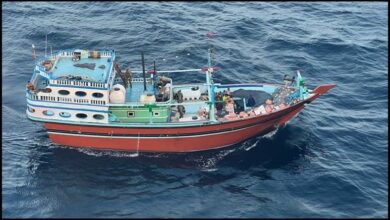

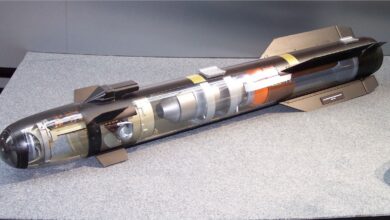

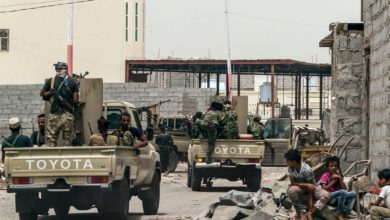
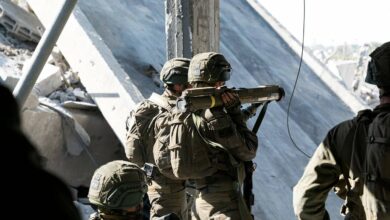
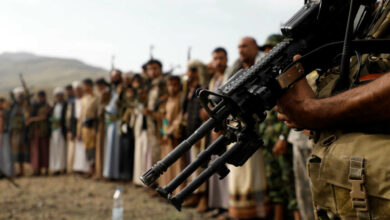
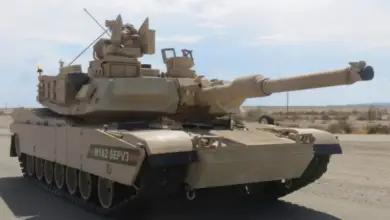
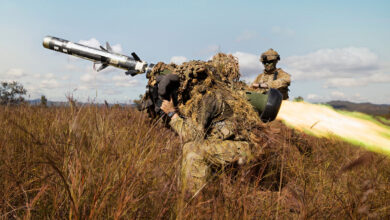
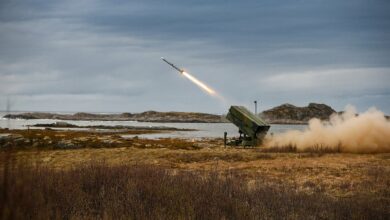
2 Comments